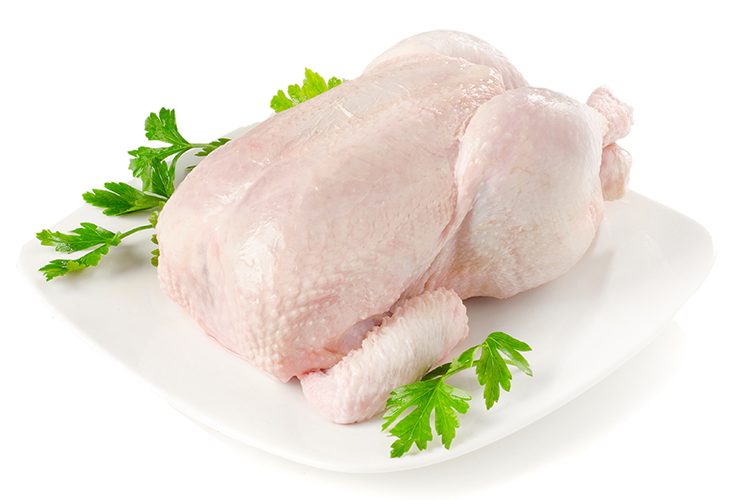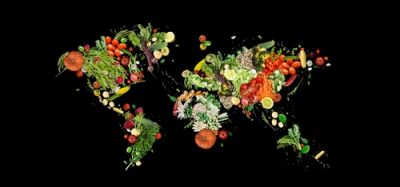Research finds US food production unpopular among Brits
- Like
- Digg
- Del
- Tumblr
- VKontakte
- Buffer
- Love This
- Odnoklassniki
- Meneame
- Blogger
- Amazon
- Yahoo Mail
- Gmail
- AOL
- Newsvine
- HackerNews
- Evernote
- MySpace
- Mail.ru
- Viadeo
- Line
- Comments
- Yummly
- SMS
- Viber
- Telegram
- Subscribe
- Skype
- Facebook Messenger
- Kakao
- LiveJournal
- Yammer
- Edgar
- Fintel
- Mix
- Instapaper
- Copy Link
Posted: 17 November 2020 | Joshua Minchin (New Food) | No comments yet
Research identifies discomfort from Brits over US food production methods, such as chlorine-washed chicken, and shows favour for EU systems despite Brexit stance.


Consumers were not keen on US production methods such as chlorine-washed chicken according to the research
New research from the University of Kent, the University of Reading and IHS Markit finds that UK consumers dislike food produced using production methods such as hormones in beef and chlorine washed chicken.
The research also reveals that UK consumers highly value food production that adheres to food safety standards set by the EU as well as food made in the UK – a finding which could prove all too relevant in the months to come as the Brexit transition period comes to an end.
The researchers conducted choice experiments for four food products, examining consumer attitudes for food produced using several agricultural production methods currently prohibited in the UK, including chlorine washed chicken and beef from cattle grown using hormone implants.1
These methods of food production are common in the USA but are prohibited under EU food safety regulations. Chlorinated chicken has, in particular, stirred up controversy in the UK, with the US ambassador to the UK telling the BBC that concerns over the method’s safety are “inflammatory and misleading”. It has been suggested that the UK would have to embrace US production methods such as chlorine-washed chicken in order to get a trade deal over the line.
The results confirmed that UK consumers dislike food produced using these production methods. In contrast, researchers found that participants positively valued EU food safety standards as well as the UK as a country of origin for beef, chicken pork and corn production.1
Professor Iain Fraser, Principle Investigator and Professor of Agri-Environmental Economics at the University of Kent said: “Our findings are a strong indicator of the expectations placed on food production by UK consumers.
“Methods of food production that fall short in terms of animal welfare draw a negative response from UK consumers, whilst in contrast the presence of EU food safety standards on packaging results in a positive response from consumers. Data from the same project also suggests that consumers tend to strongly value EU food standards regardless of their attitudes towards Brexit.
“As the UK continues to consider post-Brexit agricultural trade arrangements, as well as how to capture industry and public views within the Agricultural Bill currently going through Parliament, these findings support the need to maintain high UK food standards.”
References
1. https://onlinelibrary.wiley.com/doi/10.1111/1477-9552.12410
Related topics
Food Safety, Hygiene, Pathogens, Processing, The consumer, Trade & Economy
Related organisations
European Union, IHS Markit Agribusiness Intelligence, University of Kent, University of Reading









